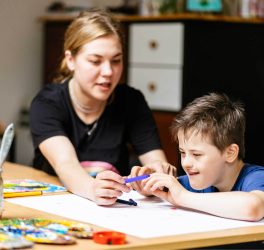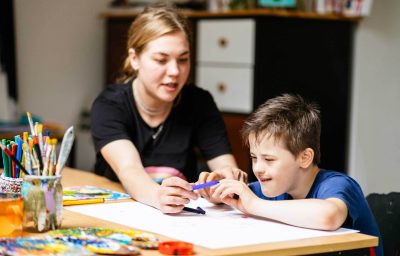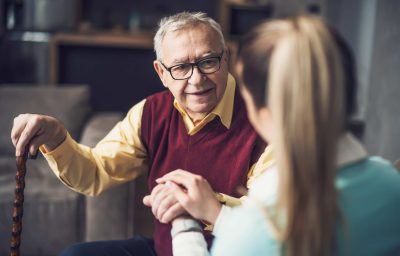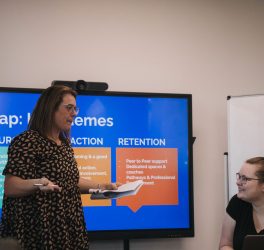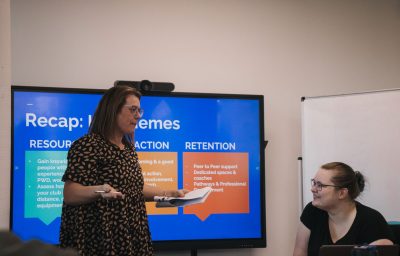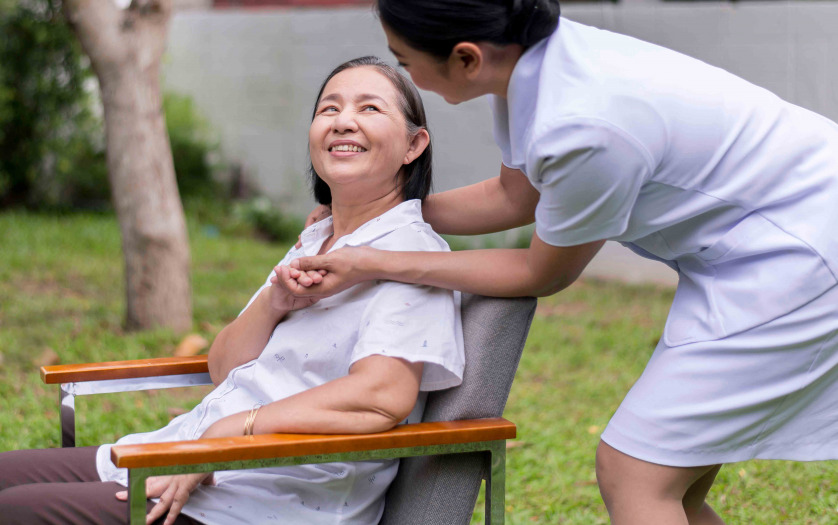
Carers Australia and Dementia Australia during National Carers Week has spoken about the discrimination faced by people living with dementia and their family and friend carers.
‘It is vital that the unpaid carers of people living with dementia can live a life free from discrimination,’ said Carers Australia CEO, Ms Liz Callaghan and Dementia Australia CEO Maree McCabe.
‘We already know that unpaid carers have some of the worst levels of wellbeing in our communities. To also be discriminated against because of their caring role only exacerbates the social isolation, anxiety and fatigue that leads to poor mental wellbeing,’ said Ms Callaghan.
Many unpaid carers have reported that even family members and friends of those with dementia may seek to avoid them, leaving carers to feel lonely, outcast and embarrassed.
‘While already serious, many of these issues have been compounded by the onset of the COVID-19 pandemic, with many unpaid carers experiencing increased stress and fatigue while citing concerns around the quality of care and services available to their loved ones,’ said Ms Callaghan.
‘Better informed communities and families are key to the systemic changes required when it comes to discrimination against those with dementia and their carers,’ added Dementia Australia CEO Ms McCabe.
A 2019 survey of more than 5,000 Australians conducted by Dementia Australia found that 71% of unpaid carers of those with dementia say they hadn’t been included in family activities; 80% were not invited to social functions; and 86% felt that the discrimination came from their friends or others they know socially.
A Dementia Australia Dementia Advocate said she has experienced multiple discrimination instances since she began caring for her husband who lives with dementia.
‘There have been a number of family events recently that we were not invited to with no explanation.
‘Sometimes, I get tired and lonely. I have told people what would help and suggested they come over or meet for a coffee. So far, no takers.
‘When you are interacting with people living with dementia, their carers and family members, please make an effort to treat them with both kindness and in the way you would wish to be treated. Remember everyone has their own problems, and they are not usually apparent just by looking at someone. Don’t judge.’
‘Small acts of support and understanding can make a big difference in the lives of people living with dementia, their families and carers,’ said Ms McCabe.
The Joint Position Statement made by Carers Australia and Dementia Australia outlines a number of recommendations on how unpaid carers can best be supported in their caring role and how we can work towards greater community awareness and inclusivity of those living with dementia and their carers.
‘Our recommendations to alleviate the discrimination faced by carers of people living with dementia include creating additional carer support services such as respite services, community support groups, and counselling, providing a multi-component early intervention support program for carers, the development of an awareness campaign and more,’ said Ms McCabe.

